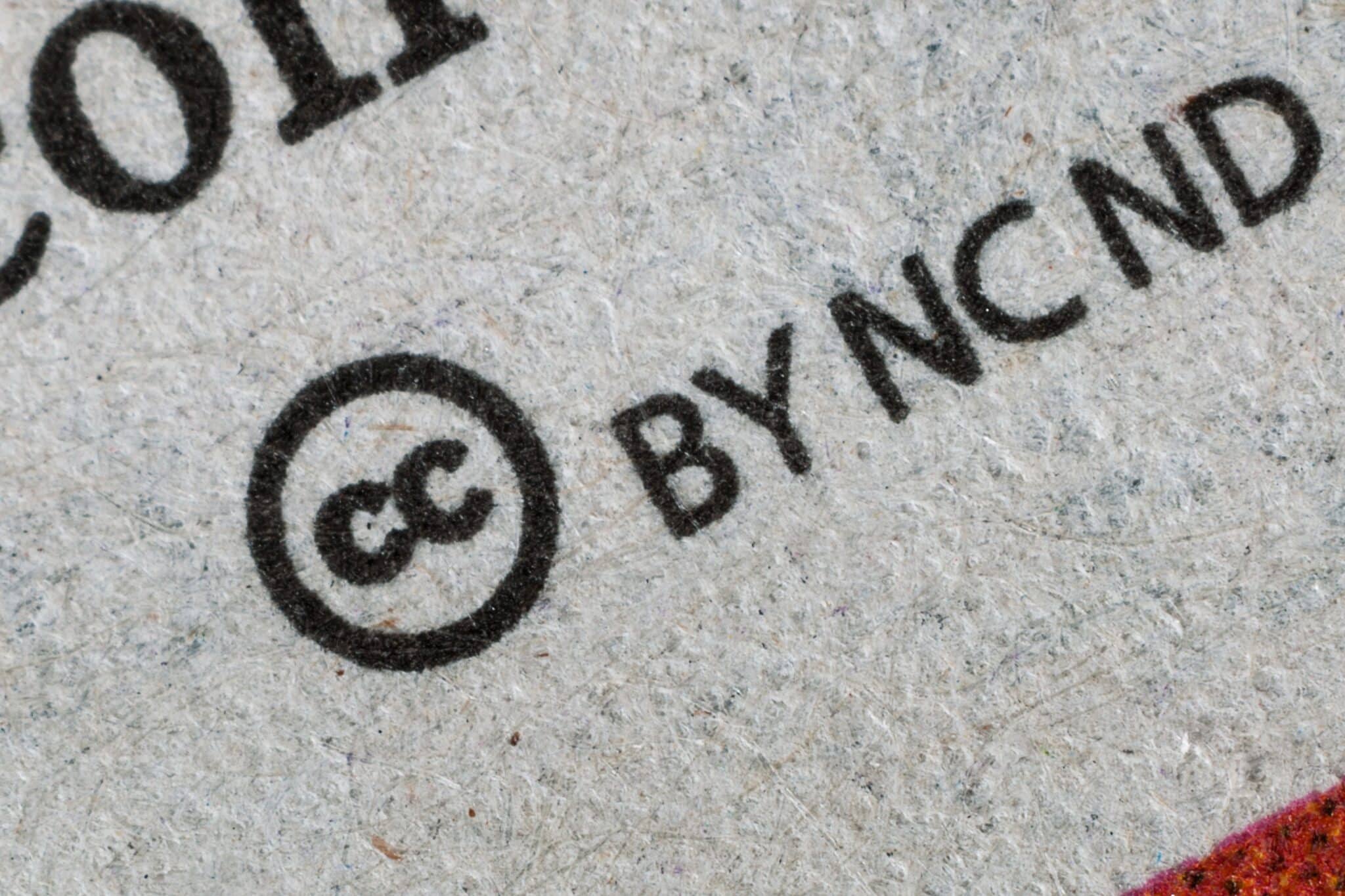We know that in business you work hard to create your own brand online. Whether your business is in its infancy or well established, few things can be more demoralising and frustrating than finding that someone has simply stolen content from your website or blog.
The demand for online contact is never ending and it’s an unfortunate fact that many of us will experience copyright theft at some point. The problem is that “copy and paste” is so easy that many don’t see any problem with taking content from the internet and using it unlawfully.
Fortunately, the law regarding copyright infringement is well established and you can take action against the perpetrator but there are some important points to consider.
If you are the owner of a piece of work or you have been granted an exclusive licence to use the work, then you have the right to take action. Before taking action however, take time to assess the situation. Generally speaking, the copied work must be “substantially similar in design, structure or content” to be actionable and the first thing you should do is to take stock and realistically assess how similar the work is. Consider how similar a “man in the street” would find the work. Perhaps ask a friend to look it over first. Don’t forget that some content is not capable of being protected, after all many stock phrases and keywords are used by many different companies and it’s not possible to protect them all.
In our experience, once an infringer realises that you’re aware of their actions they will try to cover their tracks and pull all infringing content off the web. To beat this you should plan ahead and as soon as copyright theft comes to your attention you need to take steps to preserve the evidence.
Take screenshots of the infringing website and be sure to save a copy of the website to your computer (generally this is just a case of clicking “file” and “save webpage” in your browser). The files that all available on the website will generally contain what is called “metadata” which is the forensic information about when and who has created an image.
To track down the person behind the page check out their “about us” or “contact” page. If they’re a business, phone them up and ask the name of the person in charge of their website. If you still have no luck, search for “Whois lookup” and this will take you to a number of different search engines which provide details of the registered keeper of the website. Take screenshots of this too.
At the same time, make sure you have evidence of your ownership of the material. Whenever you create online content, keep a copy on your computer and make sure that the date of creation is kept. Specialist software is available which will imprint a document or image file with your details. To take things one step further, software is also available that will trawl the web and look for people who have copied your content, think of it like a “minder” for your content.
The next step is to contact the other side. Take your time to draft a letter of claim. Make sure you clearly set out the background to the matter and include a clear summary of why you say they are liable. State that there actions are unacceptable and set out what you need them to do. This could be simply removing content, giving undertakings or paying damages. It is important that you consider any Pre-Action Protocols (search online for these) and comply with the contents. This can be complicated and expert legal advice is recommended.
Try to approach the problem from more than one angle, it may be worthwhile contacting the Internet Service Provider or, if the work has been shared by more than one party, contact them all. Copyright infringement proceedings can be expensive and it’s often best to try and nips things in the bud and you need to act fast to protect your interests.
If you have any queries in relation to copyright infringement, contact us at Freeman Jones Legal – Business Solicitors in Chester on 01244 506 444 . A member of our team can discuss matters with you in a FREE initial 30 minute telephone or office appointment, depending on what is best for you.





